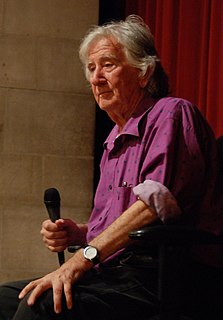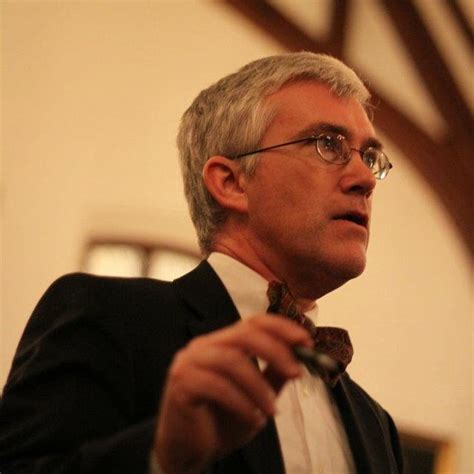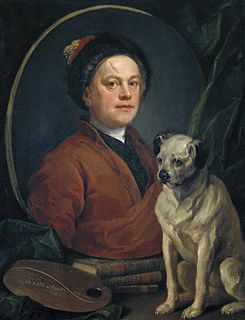A Quote by Antonin Artaud
Artaud sought to remove aesthetic distance, bringing the audience into direct contact with the dangers of life. By turning theatre into a place where the spectator is exposed rather than protected, Artaud was committing an act of cruelty upon them.
Related Quotes
[Nietzsche's] definition of cruelty informs Artaud's own, declaring that all art embodies and intensifies the underlying brutalities of life to recreate the thrill of experience ... Although Artaud did not formally cite Nietzsche, [their writing] contains a familiar persuasive authority, a similar exuberant phraseology, and motifs in extremis.
The Theatre of Cruelty has been created in order to restore to the theatre a passionate and convulsive conception of life, and it is in this sense of violent rigour and extreme condensation of scenic elements that the cruelty on which it is based must be understood. This cruelty, which will be bloody when necessary but not systematically so, can thus be identified with a kind of severe moral purity which is not afraid to pay life the price it must be paid.
In avant garde drama ... primitivism goes hand in hand with aesthetic experimentation designed to advance the technical progress of the art itself by exploring fundamental questions: What is a theatre? What is a play? What is an actor? What is a spectator? What is the relation between them all? What conditions serve this best?
The whole life-effort of man is to get his life into direct contact with the elemental life of the cosmos, mountain life, cloud life, thunder life, air life, earth life, sun life. To come into immediate felt contact, and so derive energy, power and a dark sort of joy. This effort into sheer naked contact, without an intermediary or mediator is the root meaning of religion.
Few things kill likeability as quickly as arrogance. Likable leaders don't act as though they're better than you because they don't think that they're better than you. Rather than being a source of prestige, they see their leadership position as bringing them additional accountability for serving those who follow them.



































